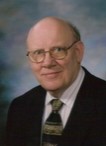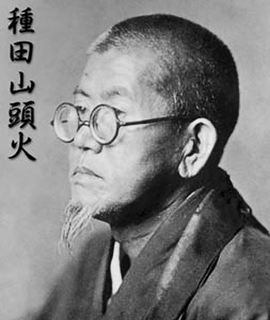A Quote by Italo Calvino
what he sought was always something lying ahead, and even if it was a matter of the past it was a past that changed gradually as he advanced on his journey, because the traveller's past changes according to the route he has followed: not the immediate past, that is, to which each day that goes by adds a day, but the more remote past. Arriving at each new city, the traveller finds again a past of his that he did not know he had: the foreignness of what you no longer are or no longer possess lies in wait for you in foreign, unpossessed places.
Related Quotes
We learn in the past, but we are not the result of that. We suffered in the past, loved in the past, cried and laughed in the past, but that's of no use to the present. The present has its challenges, its good and bad side. We can neither blame nor be grateful to the past for what is happening now. Each new experience of love has nothing whatsoever to do with past experiences. It's always new.
But the past does not exist independently from the present. Indeed, the past is only past because there is a present, just as I can point to something over there only because I am here. But nothing is inherently over there or here. In that sense, the past has no content. The past - or more accurately, pastness - is a position. Thus, in no way can we identify the past as past
It is not the literal past that rules us, save, possibly, in a biological sense. It is images of the past. Each new historical era mirrors itself in the picture and active mythology of its past or of a past borrowed from other cultures. It tests its sense of identity, of regress or new achievement against that past.
One day I was living silently in a personal hell, without anyone to tell what I felt, without even knowing that the feelings I had were possible to have; and then one day I was not living like that at all. I had begun to see the past like this: there is a line; you can draw it yourself, or sometimes it gets drawn for you; either way, there it is, your past, a collection of people you used to be and things you used to do. Your past is the person you no longer are, the situations you are no longer in.
But there was no hiding from Conscience. Not in new homes and new cars. In travel. In meditation or frantic activity. In children, in good works. On tiptoes or bended knee. In a big career. Or a small cabin. It would find you. The past always did. Which was why... it was vital to be aware of actions in the present. Because the present became the past, and the past grew. And got up, and followed you. And found you... Who wouldn't be afraid of this?
I am interested in the past. Perhaps one of the reasons is we cannot make, cannot change the past. I mean you can hardly unmake the present. But the past after all is merely to say a memory, a dream. You know my own past seems continually changed when I am remembering it, or reading things that are interesting to me.
Originally the structure was . . . a modern narrator who would appear intermittently and talk about his memories of his grandmother, which would then be juxtaposed against scenes from the past. But the stories from the past were always more interesting that the things in the present. I find this almost endemic to modern plays that veer between past and present. . . . So as we've gone on developing GOLDEN CHILD, the scenes from the past have become more dominant, and all that remains of the present are these two little bookends that frame the action.
And we should forget, day by day, what we have done; this is true non-attachment. And we should do something new. To do something new, of course we must know our past, and this is alright. But we should not keep holding onto anything we have done; we should only reflect on it. And we must have some idea of what we should do in the future. But the future is the future, the past is the past; now we should work on something new.
































